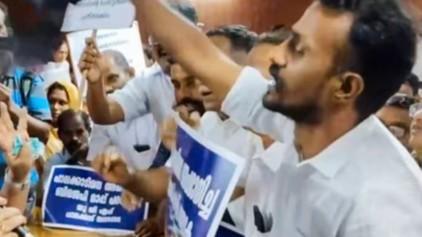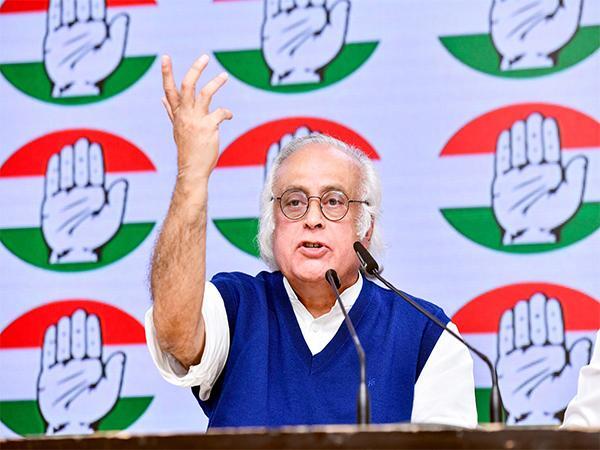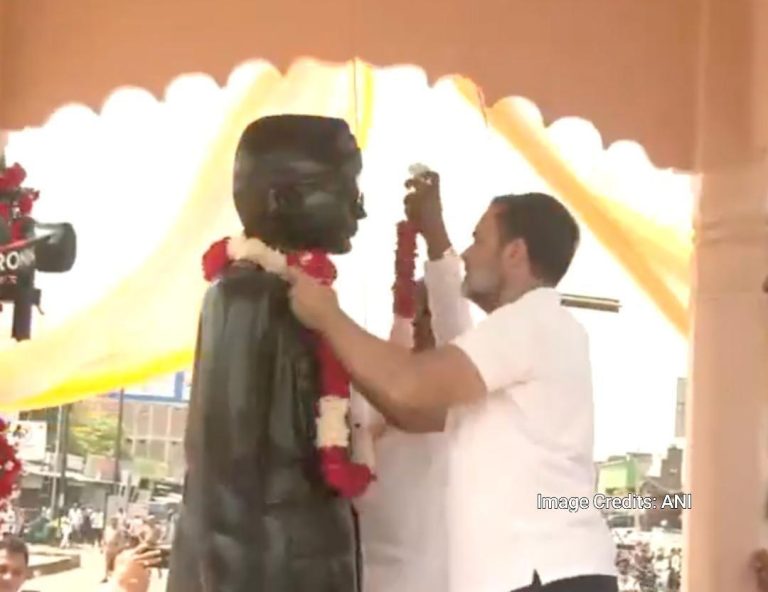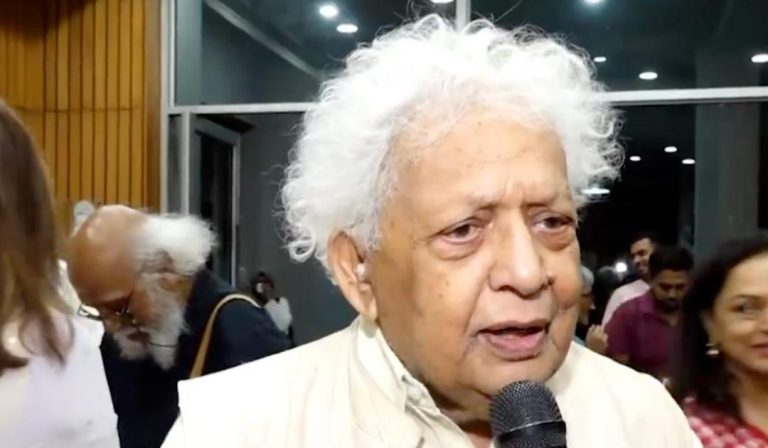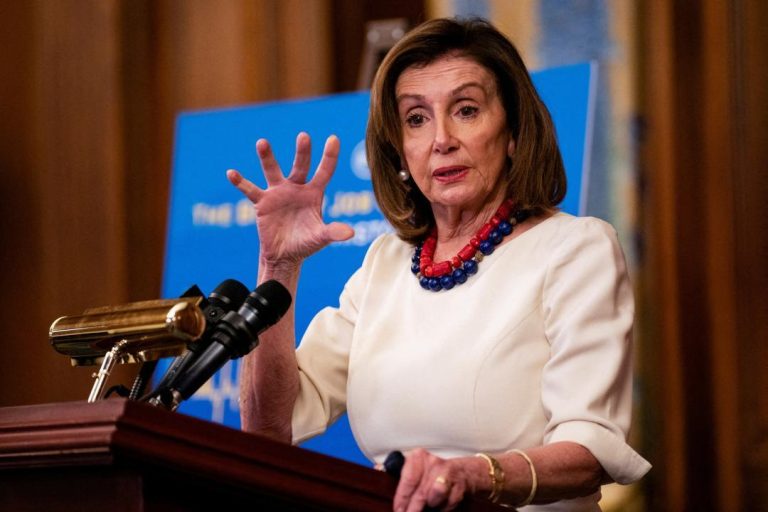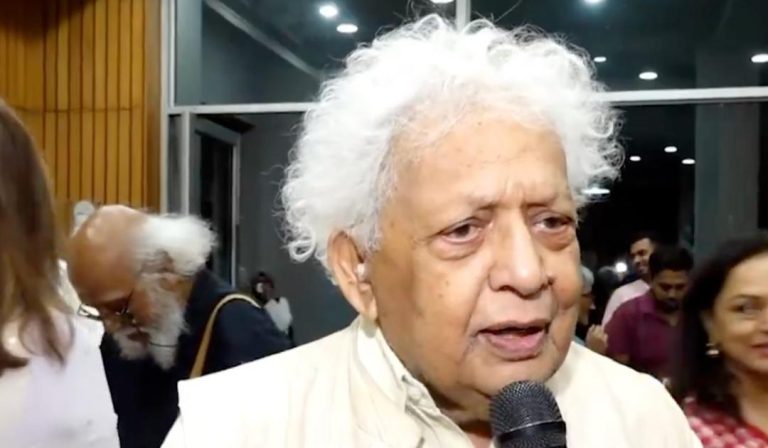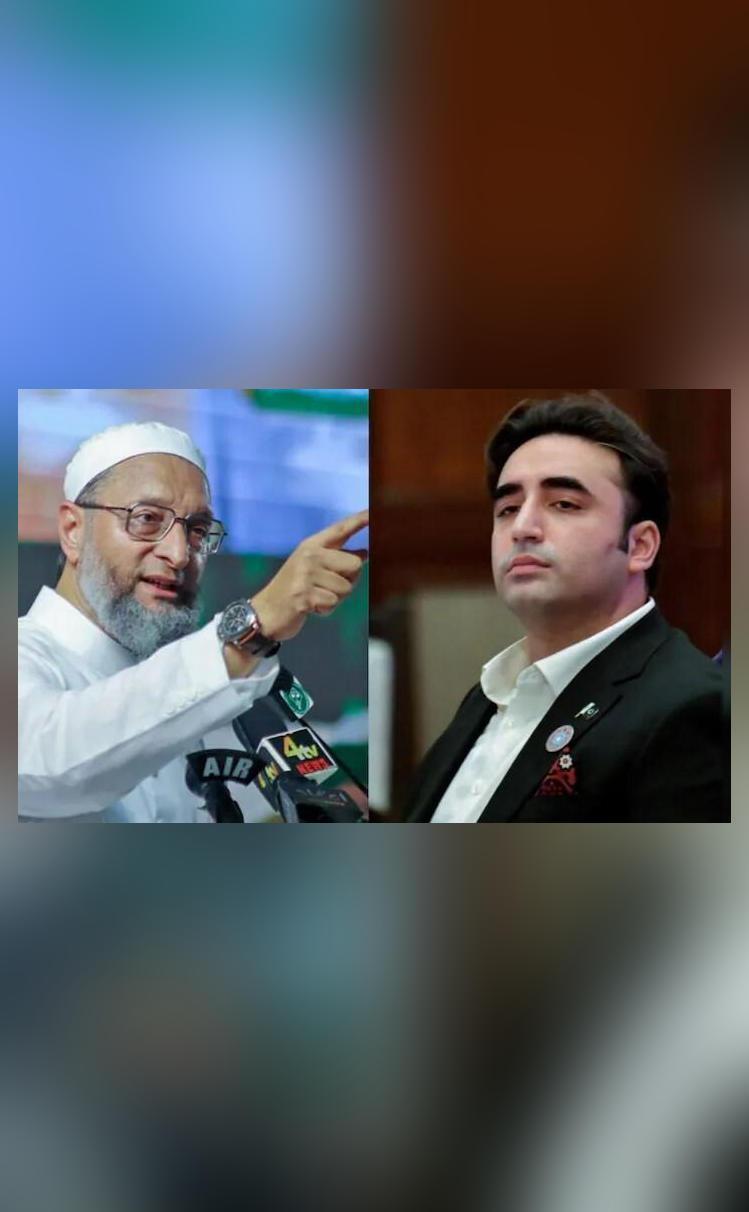
You can’t run Pakistan without US help & you’re trying to stare us down: Owaisi to Bhutto
The latest exchange of barbs between AIMIM chief Asaduddin Owaisi and Pakistani politician Bilawal Bhutto has raised eyebrows, once again highlighting the complexities of the India-Pakistan relationship. The spat began when Bhutto, while addressing a rally, made a provocative remark, saying, “Indus is ours…either our water will flow…or their blood.” This statement was met with strong condemnation from Owaisi, who responded by saying, “Unless US gives you something, you cannot run the country and you’re trying to stare us down.”
Owaisi’s remark was in response to Bhutto’s threat, which many saw as a reference to the ongoing water dispute between India and Pakistan. The two countries have been at odds over the sharing of the Indus Waters Treaty, which was signed in 1960. Bhutto’s statement was seen as a warning to India, implying that Pakistan would take drastic measures if its demands were not met.
However, Owaisi took a different approach, focusing on the economic reality of Pakistan’s situation. He suggested that Bhutto’s country was heavily reliant on foreign aid, particularly from the United States, to function. “Unless US gives you something, you cannot run the country,” Owaisi said, implying that Pakistan’s economy was too weak to sustain itself without external support.
This is not the first time that Pakistan’s economic dependence on foreign aid has been highlighted. In recent years, the country has received significant financial assistance from the United States, including military aid and economic support. This aid has been instrumental in helping Pakistan maintain its military and economic stability, despite facing significant challenges.
Owaisi’s remark was also seen as a jab at Bhutto’s family legacy. Bhutto’s father, Zulfikar Ali Bhutto, was a prominent Pakistani politician who served as the country’s prime minister in the 1970s. However, his government was overthrown in a military coup, and he was eventually executed. Owaisi’s reference to Bhutto’s mother, who was killed in a terrorist attack, was meant to imply that Bhutto’s family had a history of being targeted by terrorists, and that he was trying to deflect attention from his own country’s problems.
“Terrorism killed [your mother]…If he doesn’t get that, what will you explain to him?” Owaisi said, seemingly implying that Bhutto’s family was not immune to the scourge of terrorism. This comment was likely intended to highlight the hypocrisy of Bhutto’s statement, which seemed to be more focused on making threats than addressing the root causes of the water dispute.
Bhutto’s response to Owaisi’s remarks was predictably defensive. He accused Owaisi of being a “puppet” of the Indian government and of trying to divert attention from the real issues. However, his statement only served to further escalate the situation, with many arguing that his remarks were inflammatory and irresponsible.
In conclusion, the exchange between Owaisi and Bhutto highlights the complexities of the India-Pakistan relationship. While both countries have their own set of issues and challenges, the ongoing water dispute is a significant sticking point. However, instead of engaging in inflammatory rhetoric, both sides would be better served by working towards a peaceful resolution.
